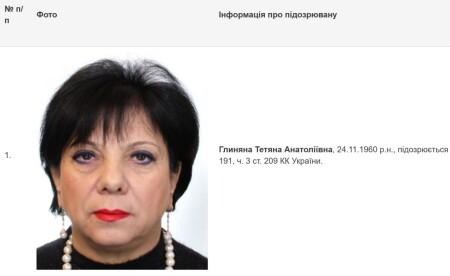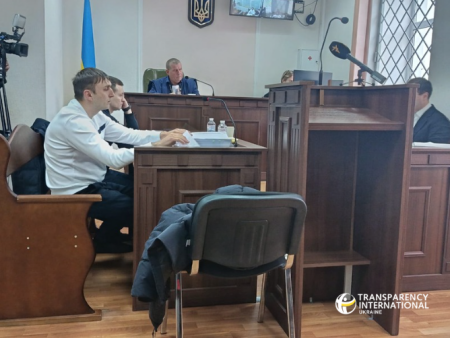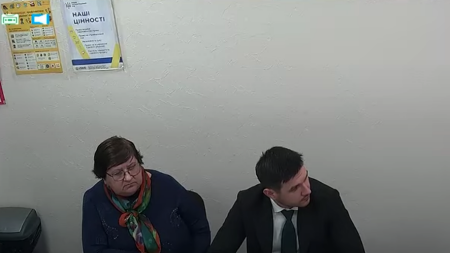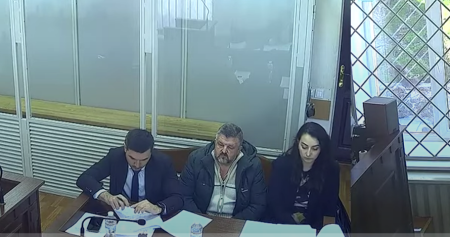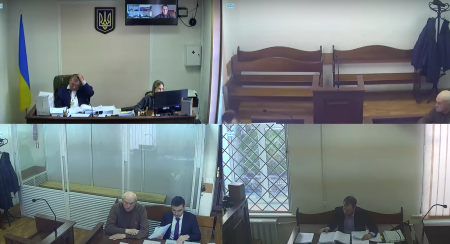Case description
The NABU and SAPO suspect a Ministry of Defense official and the heads of several affiliated private enterprises of embezzling over UAH 733 million and attempting to embezzle an additional UAH 788 million during food procurement for the Armed Forces of Ukraine.
According to the investigation, in 2022–2023, the Armed Forces were supplied with food through the procurement of so-called “food sets.” To facilitate this, an approved catalog containing 409 items was used. However, only about 10% of the catalog consisted of the most commonly consumed products—vegetables, cereals, meat, and water. The remaining items, such as spices, berries, and gelatin, were rarely ordered or not ordered at all.
The price of the set was calculated as the arithmetic average of the costs of all items in the catalog. This pricing method enabled suppliers to manipulate costs by artificially inflating the prices of frequently purchased goods while lowering the prices of items that were not actually delivered—such as seasonal fruits in winter. Thus, while the overall price of the set appeared unchanged, individual products were in fact sold at significantly inflated prices.
This case involves:
● Bohdan Khmelnytskyi, the former head of the Department of Defense for Logistical Support of the Armed Forces of Ukraine,
● Entrepreneur Tetiana Hlyniana who controlled the supplier companies,
● Larysa Shvets, the CEO of OK LAND FOOD LLC,
● Valerii Melysh, the head of Active Company LLC, and
● Mykola Deshpetko, the former director of Premium Company LLC.
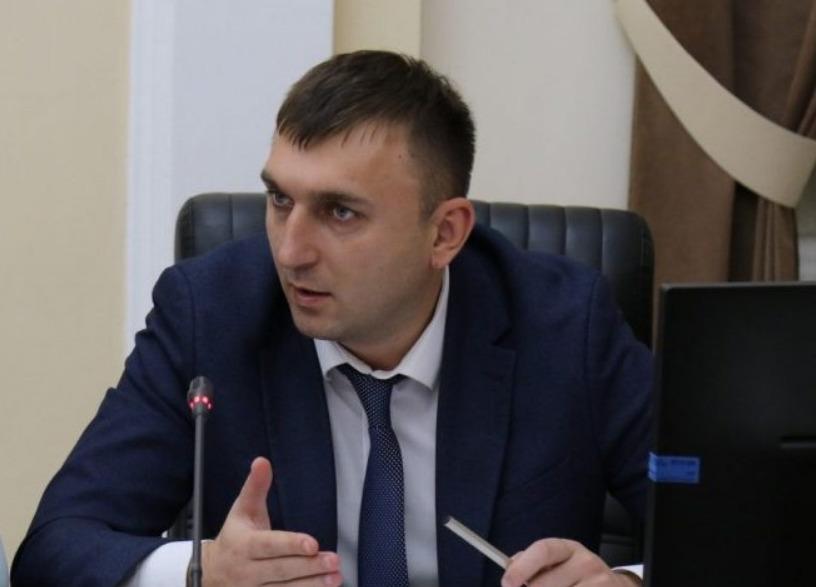
According to investigators, Khmelnytskyi knowingly ignored price anomalies when signing the contracts. In turn, Hlyniana effectively controlled the supplier companies—investigators recorded her giving instructions on price regulation, as well as attempts to interfere with the investigation, including efforts to delete relevant correspondence prior to the searches.
Mykola Deshpetko likely communicated with the relevant department of the Ministry of Defense, coordinated documentation, signed contracts and work acceptance certificates, and effectively oversaw the actions of both companies. Initially, deliveries were carried out through Premium Company, and later through OK LAND FOOD, with Deshpetko also submitting documentation on behalf of both. Formally, the companies changed, but the interests remained under the control of the same individuals.
At the initial stage, OK LAND FOOD declared extremely low prices for certain items—for example, raspberries and apricots at UAH 10 per kg. However, these goods were either not delivered at all or supplied for no more than three days. However, the main products—cabbage, carrots, and potatoes—were delivered at inflated prices: cabbage at UAH 37 per kilogram (market price ~UAH 11), potatoes at UAH 20 per kilogram (market price ~UAH 6), and so on.
At the same time, some less commonly consumed products, such as beans, were priced unusually low—UAH 39 per kg, while the average market price was UAH 61. Such manipulations created the illusion that the overall set price aligned with market conditions, while in reality, the cost of basic products was systematically inflated.
Another company, Active Company LLC, was contracted to supply sets at a price of UAH 151 per unit. However, the investigation uncovered possible instances of non-fulfillment of certain services, as well as the inclusion of products with significantly inflated prices in the sets—for example, chicken thighs at UAH 120 per kilogram (market price ~UAH 91), the infamous eggs at UAH 17 each (market price ~UAH 7.3), and sunflower oil at UAH 109 per liter (market price ~UAH 77).
The losses caused to the state budget as a result of this company’s activities exceed UAH 536 million. According to investigators, the ultimate beneficiary of the funds is Bilotserkivska Group LLC.
A separate episode of the case concerns income legalization. OK LAND FOOD transferred UAH 50 million to the account of Premium Company, and subsequently, these funds were paid to Tetiana Hlyniana as dividends. According to the prosecutor's office, these payments were unfounded: financial statements show that in the fourth quarter of 2022, the company received only UAH 3 million in revenue. Thus, the payment of UAH 50 million is regarded as an attempt to launder illicit income.
As a result of these fraudulent schemes, two supplier companies controlled by the same owner received over UAH 733 million in illegal profits between August and December 2022. A portion of these funds was subsequently withdrawn through mechanisms such as dividend payments and financial assistance to affiliated companies. According to the investigation, these funds may have been used to purchase hotels in Croatia and other foreign real estate.
The defendants are charged under Article 191, Part 5 and Article 209, Part 3 of the Criminal Code of Ukraine. Tetiana Hlyniana is currently wanted, as she has been abroad since 2023.




